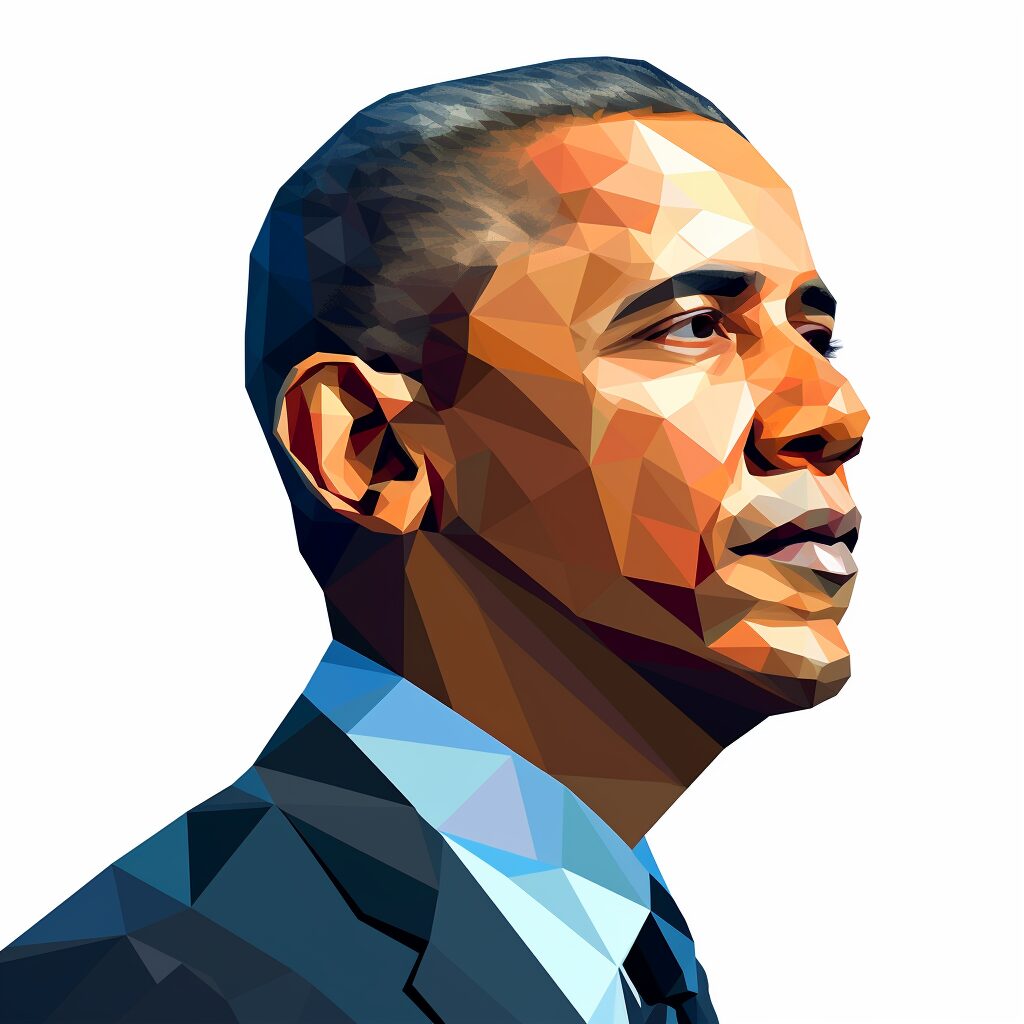This quote suggests that real, meaningful change in a system as complex and entrenched as Washington politics cannot be accomplished by those deeply embedded within it. Instead, it must come from external forces or influences. This is because those ‘inside’ are often too invested in the status quo, or too entangled in the existing power structures and bureaucratic processes, to disrupt or challenge them effectively.
The ‘outside’ can refer to a variety of sources of influence. It could mean the public, whose collective voice and voting power can compel political change. It could refer to the media, whose investigative reporting can expose corruption or inefficiencies and force reform. It could also mean external events or crises that force a reevaluation of existing policies and practices.
This idea can be applied in many contexts beyond politics. In the corporate world, for example, companies often bring in external consultants to identify problems and recommend changes. This is because these consultants can bring fresh perspectives, unclouded by company politics or preconceived notions about ‘how things are done’.
In terms of personal development, this quote suggests the value of seeking external feedback and perspectives. One may be too close to their own habits and thought patterns to recognize their flaws and areas for improvement. By seeking the input of trusted friends, mentors, or coaches, one can gain valuable insights and catalyze personal growth.
Furthermore, this quote underscores the power of grassroots movements and public participation in shaping societal structures. It reminds us that change often comes from the bottom up, and that everyone has a role to play in creating a more just and equitable society. It encourages us to be active participants in our communities and to use our voices to effect change.







